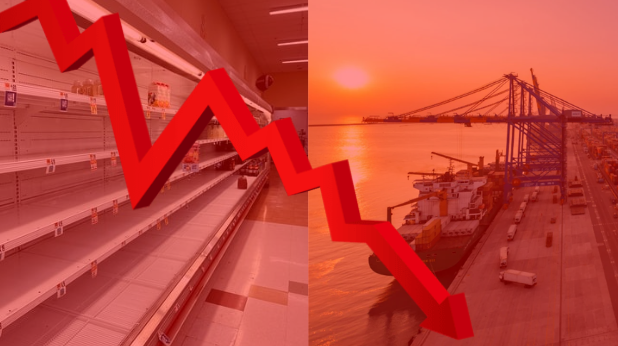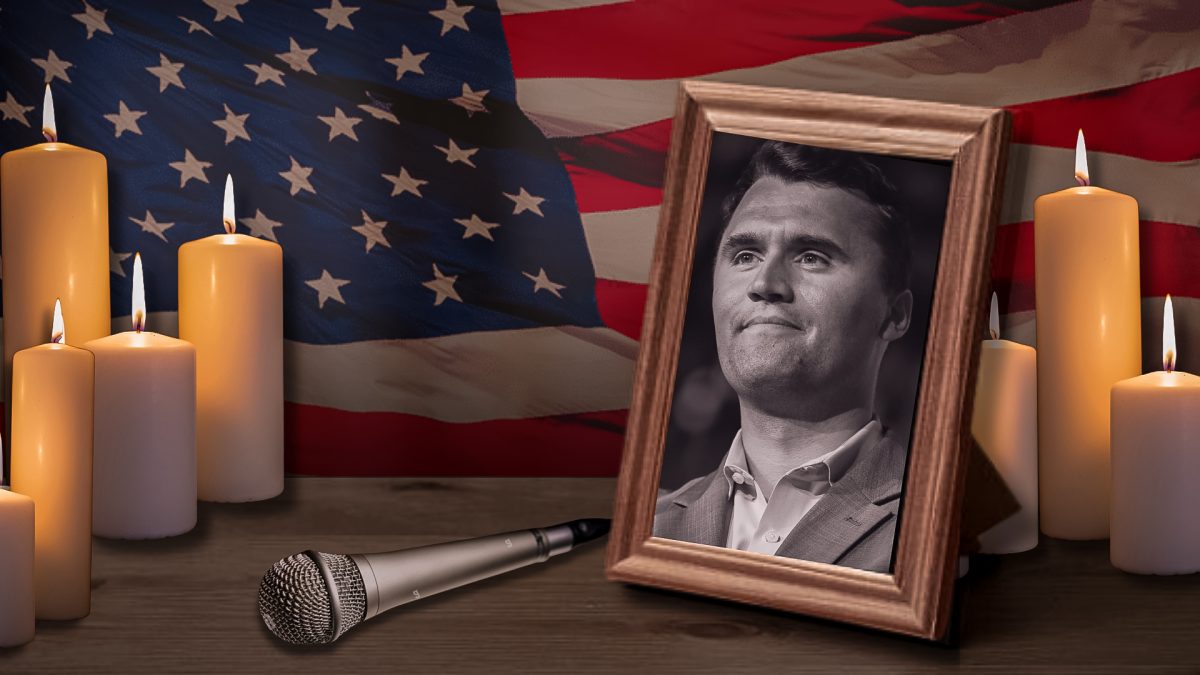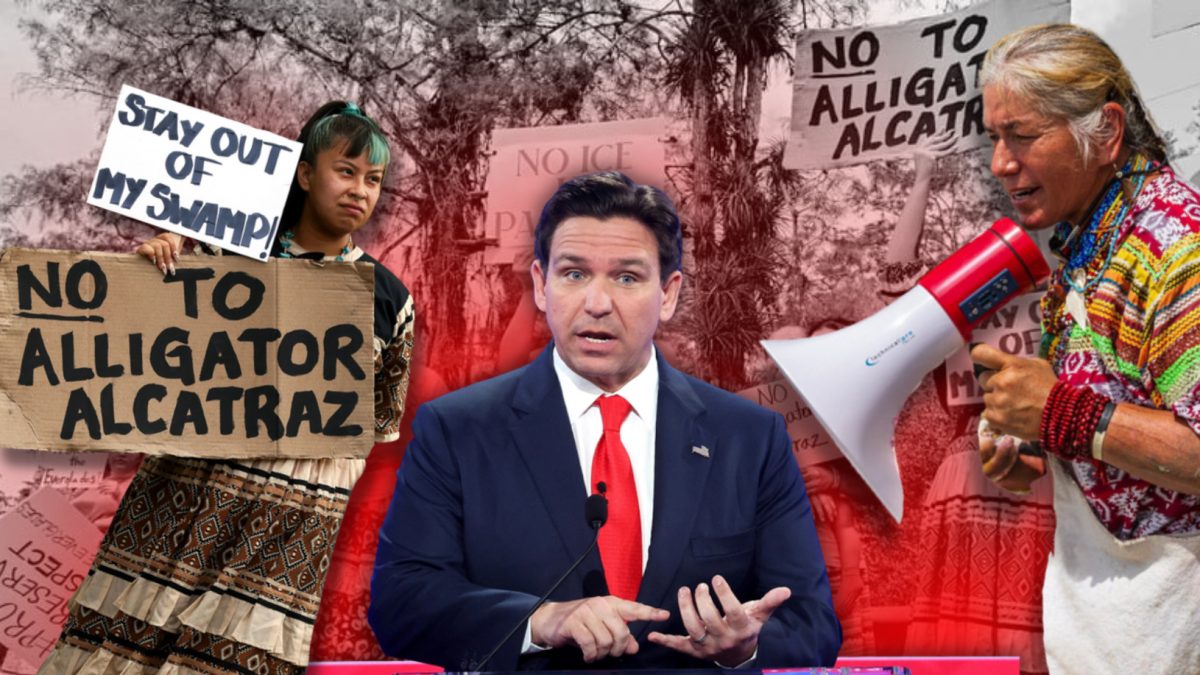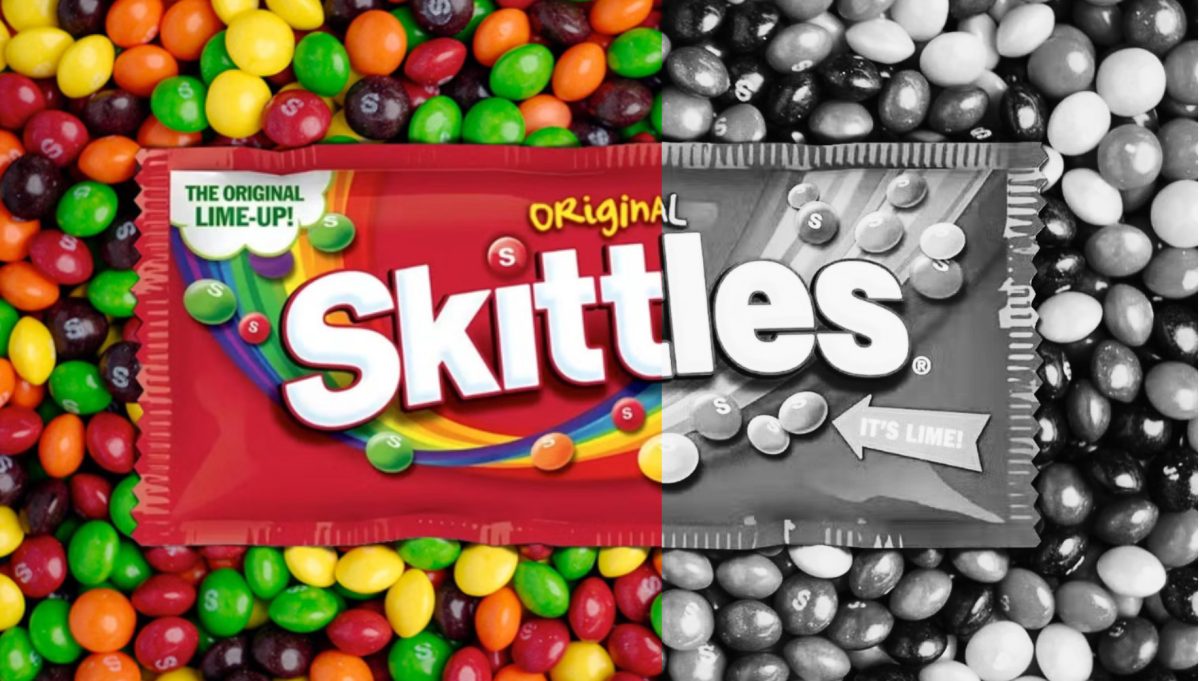On April 26th, the CEOs of Target, Walmart, and Home Depot, the biggest retailers in the US, privately confronted President Trump on his recent tariffs. They, alongside a multitude of economists have warned that his tariff policy is severely hurting business, with a great probability of major supply shortages and price increases within American markets. Alongside this, GDP reports show that due to concerns regarding the Trump administration’s tariff policies, many companies have begun to stockpile ahead of what many see as a major storm. This has resulted in a contraction of the US GDP by 0.3%, something that hasn’t happened in over 3 years.
However, retailer hoarding has not been the only factor in this economic downturn. Chinese exports to the US have decreased significantly by 10%. Many ships, previously scheduled to arrive in the western ports of Seattle and Los Angeles, have undergone what is known as “empty sailing”, when ships set sail on predetermined routes but without the intended cargo. However, many experts are worried that Chinese shipping could drop by up to 40%.
The uncertainty caused by Trump’s flip flopping on tariffs has only made matters worse. To this day, the Trump administration has announced no deals with countries regarding tariffs. News has surfaced of concurrent attempts to reach out to China in order to talk about the reduction of their over 100% tariffs, though even this has not borne any fruit. According to economists, even if Trump immediately brought an end to these tariffs, there is much reason to believe that we would feel the effects anyway. With all of these factors compounded, many businesses are unsure of which course of action to take, leading to a state of financial paralysis.
This has led to many experts expressing fears of a major recession. Many think thanks are forecasting the chances of recession to be from 60% to 90%, leading to some panic buying and stockpiling in anticipation of things to come. In response, many Millennials and Gen Xers have taken to TikTok to educate Gen Z on how to prepare for a recession. They heavily encouraged living a conservative-spending lifestyle, rigorous budgeting, and engaging with friends for both financial and emotional support. Even in the most difficult of circumstances, people will continue to find ways to uplift one another and lend a helping hand.







